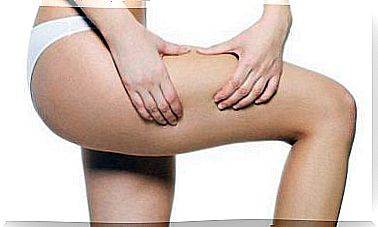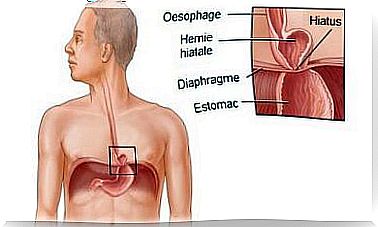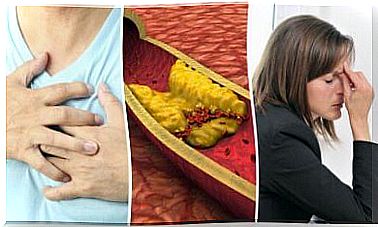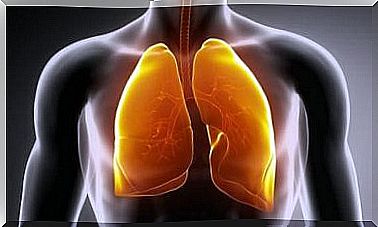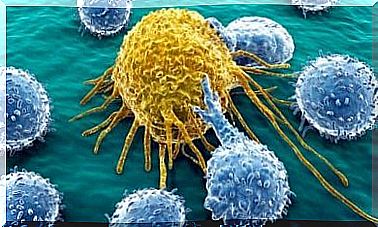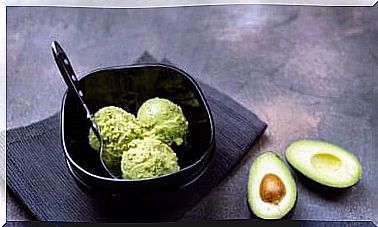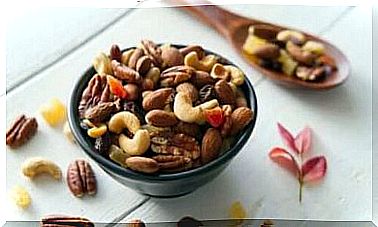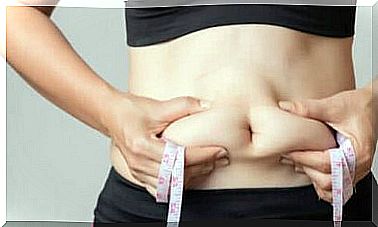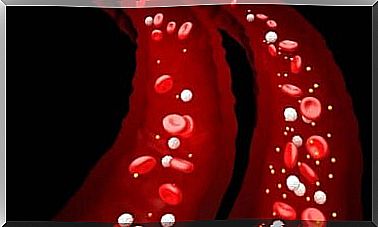5 Habits For Curing Urinary Incontinence
Diet and exercise can help with urinary incontinence. Although it is necessary to undergo treatment, these few simple habits can improve the patient’s condition.
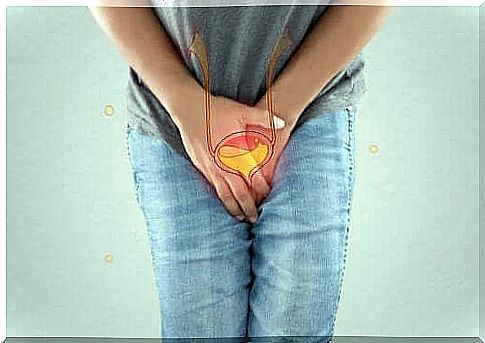
Urinary incontinence is the involuntary loss of urine. This loss can be mild when urine leaks less, or severe when the bladder empties completely.
Urinary incontinence is not a disease in itself; it is rather a symptom. There are many possible causes of urinary incontinence.
Urine leakage can be sudden and can occur when the patient coughs, sneezes, or asks for strength. Some patients develop a severe form of this symptom and do not even have time to reach the toilet because of the urge.
Although treatment varies depending on the underlying cause of this symptom, there are some basic steps that can help us control it. All patients can practice the following simple habits to treat urinary incontinence. They are five in number.
1. Change your eating habits
One of the keys to treating urinary incontinence is to improve your diet.
Many of us ignore the fact that eating certain foods, such as hot or sweet foods, increases the urge to urinate. Many irritating foods can therefore have a negative influence on this condition.
In the event of urinary incontinence, it is essential to reduce, or even eliminate, pungent, acidic and very sweet foods from your diet. It is also best to avoid coffee and any source of caffeine.
2. Re-educate your bladder
Bladder rehabilitation combines simple techniques to strengthen the muscles used for urination. The goal is to establish fixed times for emptying the bladder.
The first measure therefore consists in scheduling toilets at fixed times. The ideal is to hold back the urge to urinate as much as possible, until the body gets used to emptying the urine at the appointed times.
Of course, it’s essential to go about it gradually: every hour, then every two hours, up to four-hour intervals without leaks.
There is another simple technique that can enhance the ability to hold urine. This technique consists of slightly delaying urination when a strong need to urinate is felt. At first, you have to hold back your strong need to urinate for five minutes, then for ten minutes… Until better bladder control.
3. Do exercises to strengthen the pelvic floor

Exercises to strengthen the pelvic floor are an excellent measure for treating urinary incontinence. The practice of these exercises is generally the first treatment offered when the urinary leakage is slight.
The most famous exercises are the Kegel exercises. You can practice them every day from the comfort of your home.
What you should do
- First, contract and relax the pelvic floor muscles for five or ten seconds. Then rest for the same amount of time. The pelvic floor muscles are the ones you use to stop the flow of urine in the middle of urination. If you are not sure how to do it, try to stop the flow of urine when you use the toilet.
- Other exercises such as the bridge or pelvic lift can be of great help. However, you have to make sure you contract the right muscles.
4. Avoid tobacco consumption
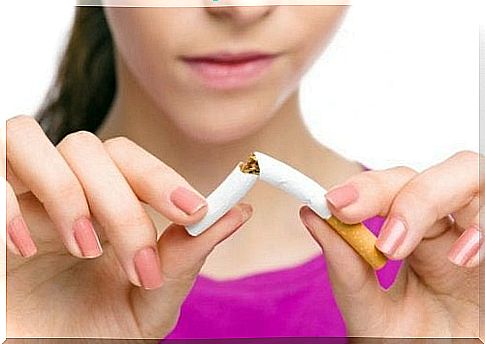
The consumption of tobacco may affect nerve function of the bladder. Due to the high levels of toxic compounds in tobacco, smoking can weaken the muscles of the pelvic floor.
Specifically, the effect of nicotine can cause the bladder to contract excessively, which will result in a sudden and urgent urge to urinate.
In addition, it should be borne in mind that tobacco consumption can lead to a chronic cough problem, which promotes urine leakage. When we cough, abdominal pressure on the pelvic floor increases, causing the bladder and urethra to descend.
5. Give up alcohol
Alcoholic drinks have a negative effect on urination: they weaken the walls of the urinary tract. Excessive consumption of alcoholic beverages is therefore closely linked to the weakening of the walls of the bladder, urethra and kidneys.
Alcohol overstimulates the bladder and decreases the ability to hold urine. In addition, being dehydrating, alcohol increases the risk of urinary tract infections.
Therefore, when it comes to treating urinary incontinence, it is best to give up alcohol and increase your water intake.
We would like to stress here the importance of consulting a doctor in the event of urinary incontinence. The sooner you are diagnosed and treated, the better the prognosis.
